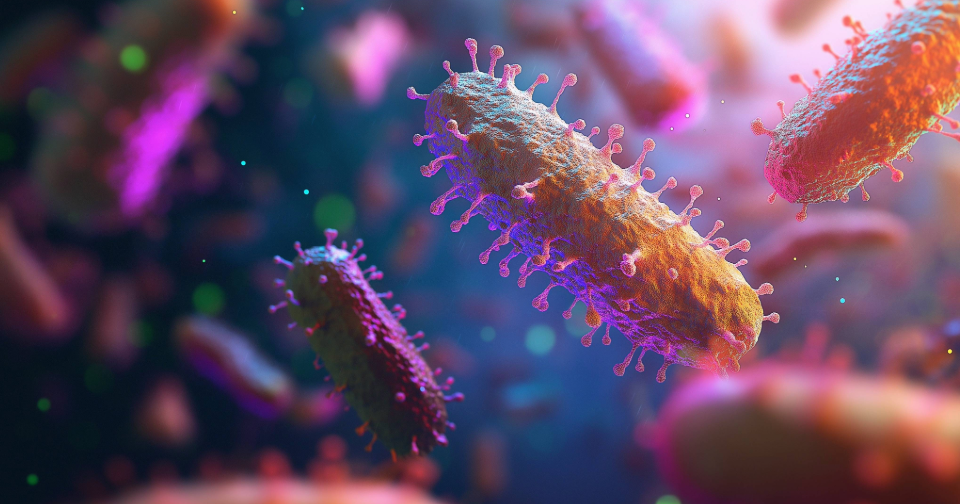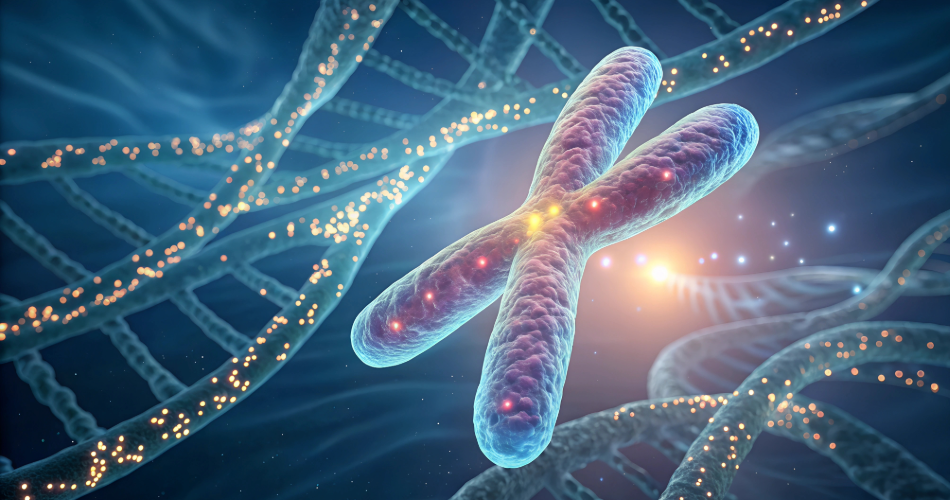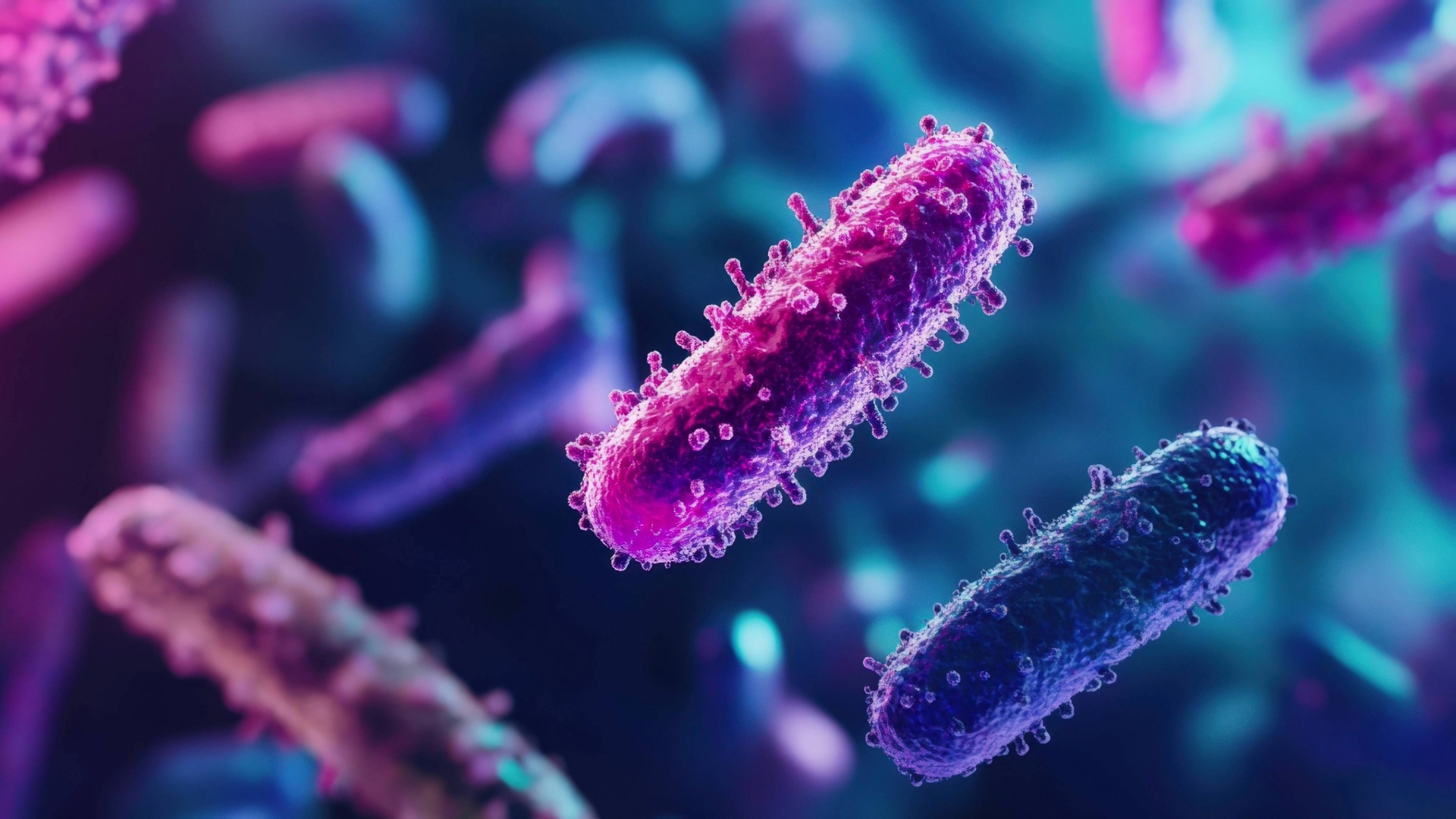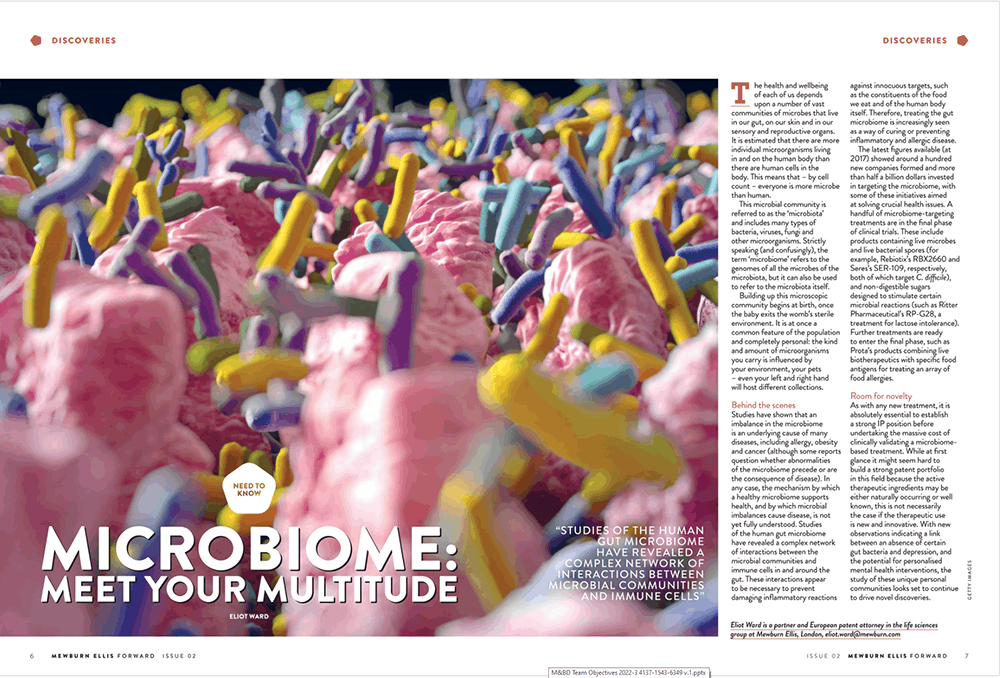Every complex organism – human, animal or plant – relies on a vast community of microorganisms that live in, on and around it. In humans, this “microbiome” is vital for healthy development and immune balance. Similarly, plants depend on rich microbial communities in the soil, on their roots, on their leaves and within their tissues. These microbial partners influence nutrient uptake, stress resilience, and disease resistance.
For humans, the microbiome begins to form at birth and is shaped by environment, lifestyle and diet. For plants, the microbiome assembles at germination, drawing from the soil, seed coatings and surrounding environment. In both systems, microbiomes are deeply personal, dynamic and play foundational roles that are integral to health.
We carry trillions of bacteria, fungi, viruses and other microorganisms – so many that, by cell count, we are more microbe than human. They help to maintain immune balance, metabolism and overall health. Disruptions to the human microbiome can result in inflammatory and metabolic diseases. Likewise, plant microbiomes are now recognised as critical determinants of crop yield. Disturbances to plant microbial communities can leave them vulnerable to pathogens or environmental stress. In both fields, research increasingly reveals complex signalling networks between microbes and host immune systems that maintain this delicate interdependence.
As understanding of these complex communities and their influence on critical processes grows, so does interest in microbiome based interventions. In medicine, therapies that restore beneficial microbes are being explored for treating diseases once thought unconnected to microbes. In agriculture, new tools aim to engineer, enrich or reintroduce helpful microbes – including microbial inoculants, biostimulants, biocontrol agents, soil microbiome enhancers and the technologies used to deliver them.
Both the human and agricultural microbiome sectors are now growing into multi billion dollar markets. Many challenges remain, not least ensuring that the regulatory and intellectual property (IP) systems effectively support innovation in this area.
As these markets mature, robust intellectual property protection and an awareness of competitor activities become increasingly critical, particularly where products can be reverse engineered and copied once they reach the market. At the same time, microbiome technologies encounter IP challenges that differ from those in more conventional biotech sectors, demanding especially careful handling. Navigating this landscape requires thoughtful planning, an alertness to legal developments, and a clear sense of commercial direction.
For companies working in this space, IP protection is not just a legal formality but a commercial lifeline. Those who can navigate the various – and evolving – regulatory frameworks while securing robust, defensible protection for their products will be best positioned to attract investment and hold onto a long-term competitive edge as new players enter the field.

















